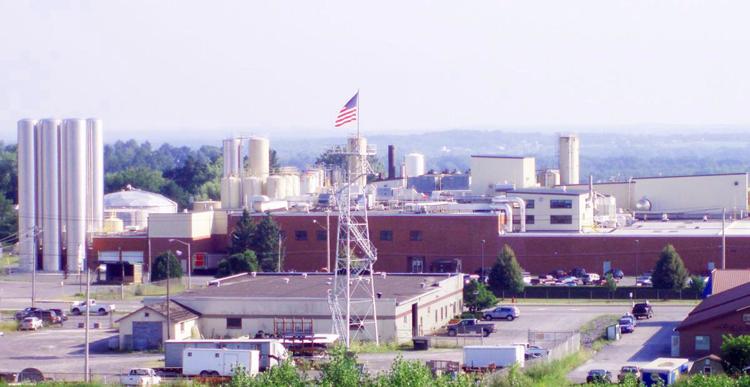
Kraft told the Jefferson County Bulk Milk Cooperative Inc., which negotiates deals to sell its member farmers’ milk to processors, on Dec. 2 that it rejected a deal to purchase the group’s milk for its Lowville plant for another year and decided to “use other options,” said member farmer Lynn A. Murray, co-owner of Murcrest Farm, Copenhagen. Mr. Murray, who took part in the negotiations, said Kraft provided no further explanation. After reaching out to several lawmakers for assistance, however, he said he learned from one of them that Kraft had cut back its overall milk intake for the Lowville plant because “sales figures were not what they expected.”
Officials representing Kraft did not return a request for comment.
The co-op was informed that it would receive an answer from Kraft by mid-September, Mr. Murray said, but months of delay has left little opportunity to find another processor to accept most of its milk. Most companies, he said, would have already chosen their supply sources by now. The year-long contract between Kraft and the co-op, secured last year, will end after Dec. 31.
“We’re getting to the end of the road here. It seems like most things in the milk business happen at the 11th hour, we’re there,” he said. “
The co-op hired a broker to help secure a deal with another processor to purchase most of its farmers’ milk, but they have yet to strike a deal. Mr. Murray, a member of the co-op’s board of directors, however, said it will be a challenge because manufacturers curtail their production of dairy goods between January and March because demand drops.
The local co-op established a contract with Upstate Niagara Cooperative to purchase 65,000 pounds of milk from it daily for its plant in North Lawrence for the year. Mr. Murray, however, said Kraft accepted an average of about 200,000 pounds of milk each day throughout the year, meaning Upstate will only use about 30 percent of its overall production.
Mr. Murray said the cooperative requested an extension of its existing contract from Kraft, but its request fell on deaf ears. Member farmers and the broker representing them continue to search for any company that will accept the rest of its milk, whether they reside in New York or neighboring states. Mr. Murray said the co-op must find a way to sell its milk, even if it is a short-term solution that is not profitable.
“We cannot afford to dump milk and get zero for it … nobody is going to survive that scenario,” Mr. Murray said. “We have to market all of our milk, one way or another.”
Dairy Farmers of America had previously struck deals to sell Jefferson County Bulk Milk Cooperative’s milk to both Kraft and Great Lakes Cheese, which has a facility in Adams.
Mr. Murray, however, said the national cooperative last year decided to end contracts to market smaller cooperatives’ milk, leaving the local group to strike its own deals. Great Lakes Cheese rejected its bid to purchase milk for the year, but Kraft last year agreed to the one-year contract, the same one that will end in days.
Kraft’s decision not to purchase the local cooperative’s milk for another year surprised and disappointed Mr. Murray, he said. The group’s contract offered the third lowest cost among six to eight other bidders, he said, and throughout the year, it followed the contract well by not providing too much or too little milk with each shipment.
“There’s a lot of stress involved because for almost all dairy farmers, 95 percent of our income is milk,” he said.
























